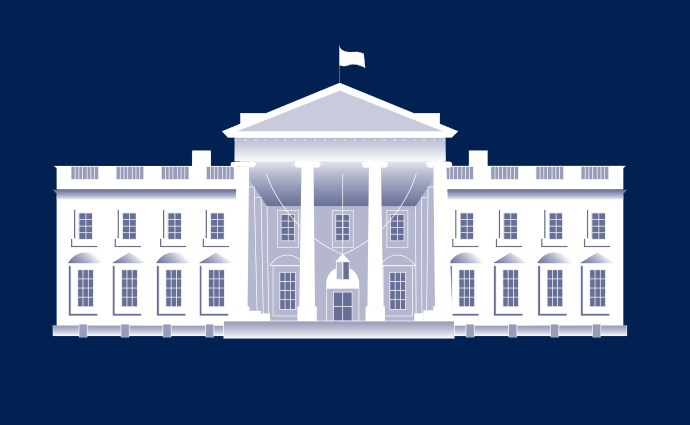Executive Order Calls for ACA Financial, Marketplace Flexibility
An executive order will allow federal agencies to waive or delay Affordable Care Act provisions that impose financial burdens on healthcare stakeholders.

Source: Thinkstock
- Just hours after taking office, President Trump signed a broad executive order that intends to minimize the “economic burden of the Patient Protection and Affordable Care Act” before an official repeal of the law.
Under the executive order, the Department of Health and Human Services (HHS) and other agencies have the authority to stop enforcing Affordable Care Act provisions that impose financial burdens on healthcare stakeholders, including providers, payers, and patients. The order, however, does not specify which provisions can be waived or removed.
The executive order specifically stated:
“To the maximum extent permitted by law, the Secretary of Health and Human Services (Secretary) and the heads of all other executive departments and agencies (agencies) with authorities and responsibilities under the Act shall exercise all authority and discretion available to them to waive, defer, grant exemptions from, or delay the implementation of any provision or requirement of the Act that would impose a fiscal burden on any State or a cost, fee, tax, penalty, or regulatory burden on individuals, families, healthcare providers, health insurers, patients, recipients of healthcare services, purchasers of health insurance, or makers of medical devices, products, or medications.”
While executive orders cannot overturn federal laws, the order will give federal departments more flexibility with implementing or eliminating some Affordable Care Act taxes and penalties. For example, a recent New York Times report noted that the order could permit federal officials to approve state Medicaid waivers that allow insurance plans to charge higher premiums or copayments than permitted under the healthcare law.
Additionally, the penalties associated with the ACA’s individual mandate could be on the chopping block, according to a Washington Post article. The mandate requires individuals to acquire and maintain healthcare coverage or face a tax penalty.
Currently, individuals without health insurance in 2016 and 2017 will face a fine based on income or number of uninsured persons, according to Healthcare.gov. The income-based fine is 2.5 percent of household income or the total yearly premium for the national average price of a Bronze plan sold via the marketplace.
The fine could also be $695 per adult or $347.50 for every child under 18 years old. The maximum per person fee is $2,085.
The government will impose whichever amount is the highest on individuals who violate the coverage mandate.
Some healthcare groups and academics also projected that the individual mandate would be one of the first Affordable Care Act provisions to go under the Trump administration.
“I would think the easy targets are the state exchanges being undone and converted to the private sector and also the mandate that every American needs to have healthcare benefits or otherwise pay a penalty,” Josh Luke, MD, University of Southern California professor and former hospital CEO, stated in July 2016.
The recent executive order not does eliminate the individual mandate, but provides for greater enforcement flexibility at the federal level.
In addition to reducing the ACA’s financial burdens, the executive order also called for a more open health insurance market that spans across state lines.
The executive order contained the following section:
“To the maximum extent permitted by law, the head of each department or agency with responsibilities relating to healthcare or health insurance shall encourage the development of a free and open market in interstate commerce for the offering of healthcare services and health insurance, with the goal of achieving and preserving maximum options for patients and consumers.”
The healthcare insurance marketplace under the Affordable Care Act has been a point of contention for many stakeholders, particularly payers. Some healthcare payers reported in the last year that participating in Affordable Care Act exchanges resulted in financial losses. Humana stated that it lost as much as $1 billion after participating in the exchanges for a year. UnitedHealthcare similarly reported that it was out $720 million in 2015 after selling health plans through the exchanges.
As a result, both Humana and UnitedHealthcare decided to stop or roll back Affordable Care Act exchange participation.
But providing for more Affordable Care Act implementation flexibilities may attract payers back to the exchanges or convince others to stay, the New York Times article stated.
To what extent the executive order will change Affordable Care Act enforcement is unknown for now, but President Trump likely intends for the order to act as stepping stone towards a full repeal. President Trump stated in the order that his administration is planning a “prompt repeal” of the law.
